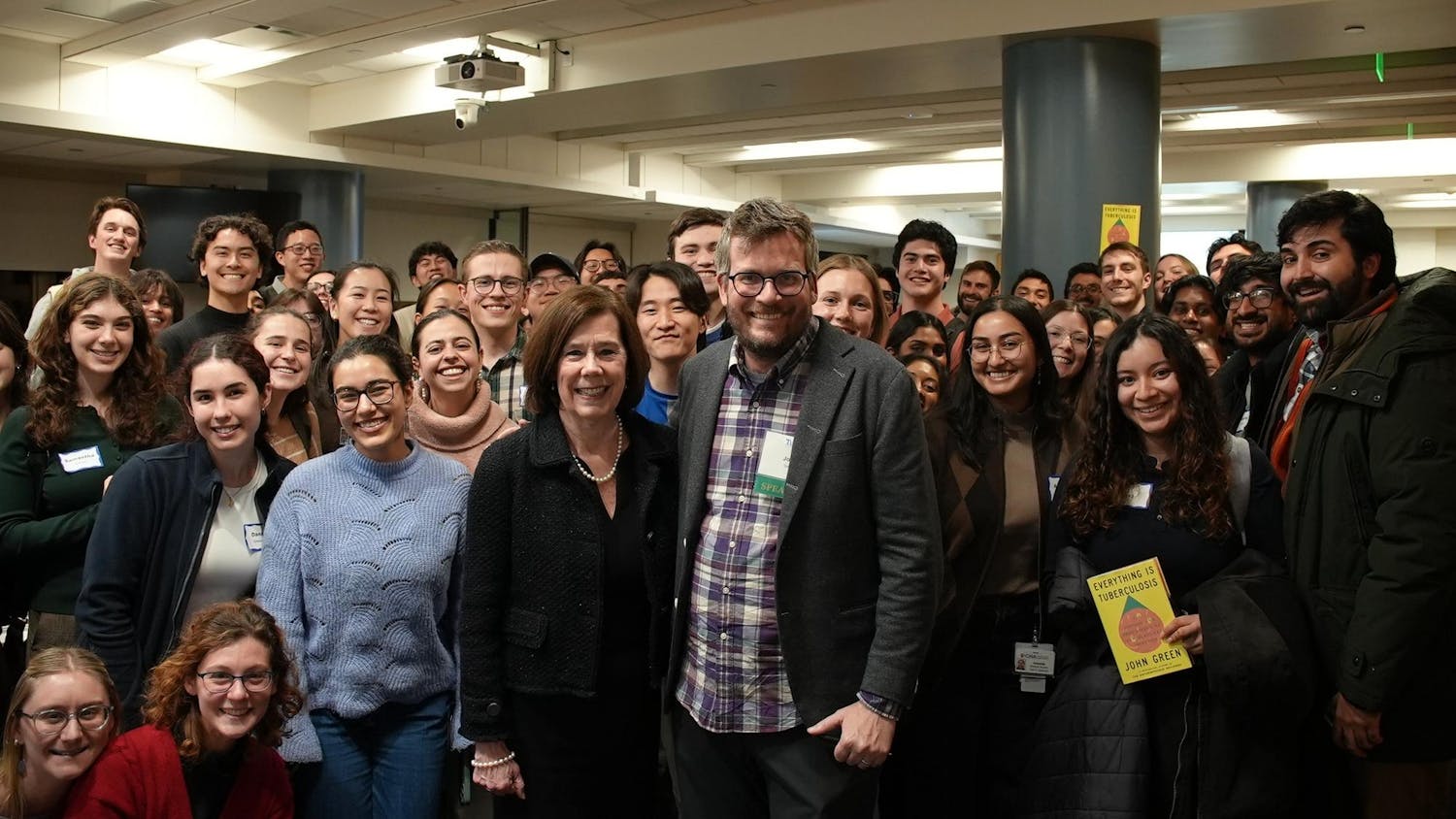International charity is borne of the noblest of intentions. But does it work as intended? Actually, quite often, it does. The pioneering work of a number of non-governmental organizations (NGOs) in health comes first to my mind: The Carter Center’s near eradication of Guinea worm disease across tropical Asia and Africa, Doctors Without Borders’ efforts to provide care to Rohingya refugees in Bangladesh, the World Health Organization’s recent successful vaccination of war-torn Yemen’s children for measles and rubella. There are numerous success stories as well in other areas, like education, economic development and water management.
However, we shouldn’t let this success blind us to the ethical pitfalls to which charity can fall prey. Even the reputable NGO or charitable venture can run into moral quandaries — especially when they operate in poor, autocratic countries.
NGOs providing basic services in such countries run the risk of inadvertently supporting repressive governments. Even brutal dictatorships have an interest in providing things like basic education, sanitation and sustenance — though they may not always do so well. If an organization provides a service the government would have provided anyway, they are indirectly funding the repression and corruption that keep that regime in power.
Herein lies the moral predicament. An NGO would probably provide a better elementary education to more children than would a dictatorial government in a poor part of the world. Yet, they would also be helping to perpetuate the government structure in part responsible for the problem. Give, and aid a corrupt system. Withhold, and watch children miss out on a quality education.
Even the most well-run NGOs face choices like these. After the devastating 2004 Indian Ocean Tsunami, poverty relief charity Oxfamsent 25 trucks to Sri Lanka to distribute aid to the effected population. These were immediately impounded by the Sri Lankan government, which demanded a 300 percent import duty. Oxfam faced a moral decision. It could pay up and contribute to a corrupt government, fleecing an aid group critical to its own population — or it could refuse and allow thousands to suffer without aid. Oxfam chose to pay.
This charity dilemma is a moral gray area. There’s no way to objectively measure whether withholding funding from autocratic regimes is more important than helping the people in need living under them.
I don’t know that any of us — least of all me — are in a position to pass judgement on these kinds of tough decisions. That a charity as careful as Oxfam was forced to pay an exorbitant fee by a relatively democratic government speaks volumes. This kind of extortion is probably commonplace, and it’s not going away anytime soon.
More from The Tufts Daily
Get Souped Up: Tomayto, tomahto
By
Arghya Thallapragada and Emily O'Hearn
| February 19
Road to the World Cup: Tournament opinions at Tufts
By
Antonia Toro
| February 19





